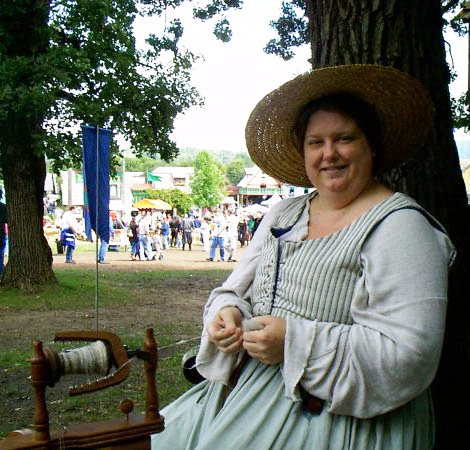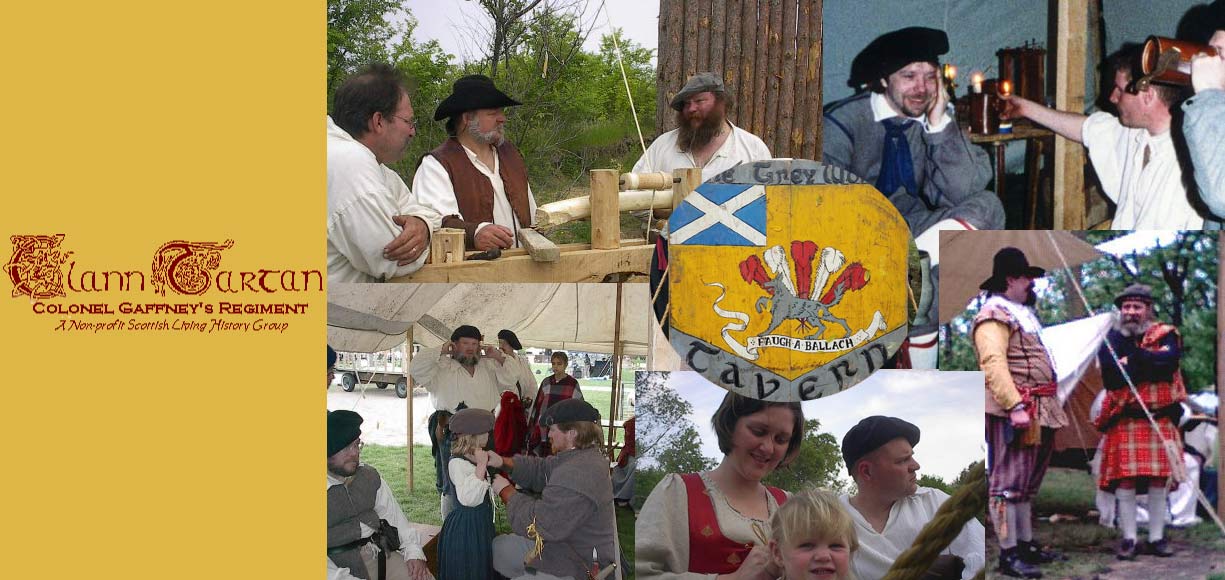Elizabethan Military Medicine
During the reign of Queen Elizabeth there was a revival in the art of surgery. However, few works were written on military medicine, probably because the military surgeon remained something of a nonentity, rather than a respected officer like his modern counterpart. The Privy Council consistently classed them in company of drummers, trumpeters, fifers, smiths, or armorers. The officials of the time "apparently seeing no incongruity in placing menders of breastplates and menders of bones in the same category."
Every band, or company of men and every warship was supposed to have a physician, or "chirurgeon." They were "drafted" in three ways: 1) By order of the Privy Council he was sent to the military by the Company of Barbers and Surgeons; 2) Impressed by the aldermen, sheriffs, and justices of the peace in England; 3) recruited by a captain. Surgeons possessed neither rank, nor distinction. In fact, during a good portion of Elizabeth’s reign his wages amounted to only 12 pence a day, a sum equivalent to that of a company trumpeter. Even in the army of Gustavus Adolphus, a surgeon was paid only 20 Riksthalers a month, just above sergeants’ rate of 16/month. (See Clann Manual, for Swedish pay rates).
Physicians of high reputation might be able to bargain for more, and surgeons assigned to units larger than companies, or warships received greater compensation, but these exceptions were rare. William Kelly was assigned the title Surgeon General of the army in Ireland and received 2 shillings a day -lieutenants’ pay. But, it must be remembered that there were seldom more than two surgeons assigned to the entire army stationed in Ireland. Any assistants were paid for out of the surgeon’s own pocket as were the necessary medicines and instruments.
William Clowes served as a surgeon in the army commanded by the Earl of Warwick in France (1563) and under the Earl of Leicester in the Low Countries (1585). When not with the army he practiced in London as a member of the surgical staff of St. Bartholomew’s Hospital. He described his colleagues "in Her Majesty’s service. ..(as) very poor men, and so poor indeed, that some of them went out very slenderly furnished: some with a little surgery stuff in a scholar’s satchel." The conditions they worked under were no better.
"I do know the best hospital in London cannot contain all the sick men in that army, nor was it held fit.. .that such infectious men should be brought in there; for the hurt men (of whom there is greater hope) should not only be in danger of death by his wounds received in service, but by the infectious disease of others." -A letter by Sir Henry Docwra, September 1600 describing the one and only army hospital in Ireland.
SOURCE: Elizabethan Military Science Henry J. Webb. Univ. of Wisc. Press, Madison, 1965.

